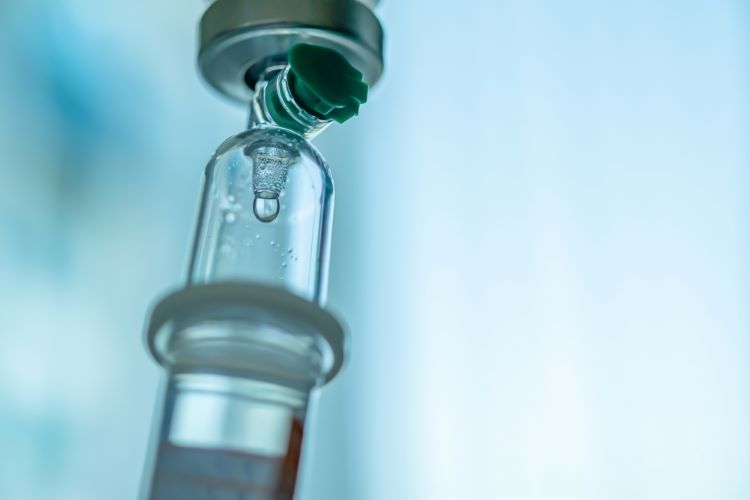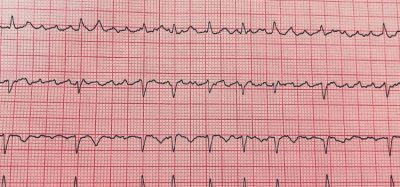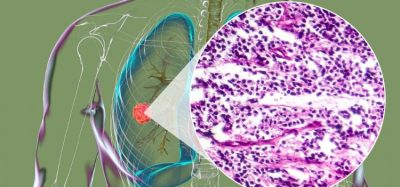Potential best-in-class antibody shows “remarkable efficacy” in atopic dermatitis
Posted: 8 May 2024 | Catherine Eckford (European Pharmaceutical Review) | No comments yet
Interim trial results show that the only clinical-stage nondepleting anti-OX40 monoclonal antibody (mAb) provided rapid skin sign improvement in atopic dermatitis (AD).


New data from a Phase IIa trial in moderate-to-severe atopic dermatitis has demonstrated that a novel monoclonal antibody (mAb) could facilitate dosing every 12 weeks for induction therapy. This is due to a 31-day half-life at anticipated therapeutic dose levels, Inmagene Biopharmaceuticals confirmed. Humanised anti-OX40 IgG1 mAb IMG-007 works via a silenced antibody-dependent cellular cytotoxicity (ADCC) function, Inmagene explained.
What did the interim data for IMG-007 demonstrate?
The clinical trial is evaluating the mAb IMG-007 in adults with moderate-to-severe atopic dermatitis who have inadequate response to and/or intolerant of topical therapies, include severity index (EASI) over time, according to Inmagene.
A total of 13 patients were enrolled to receive three intravenous infusions of the monoclonal antibody treatment.
By Week 20, EASI improvement of at least the following percentages were achieved:
- At least 50 percent (EASI-50) in a total of 69 percent of patients
- At least 75 percent (EASI-75) in a total of 54 percent of participants
- At least 90 percent (EASI-90) in a total of 31 percent of patients.
Importance of the results
By uniquely targeting the OX40 receptor without depleting T cells and with its long half-life, IMG-007 presents a best-in-class potential to not only minimise safety risks associated with T cell depletion”
“Inhibiting OX40-OX40L signalling is an exciting potential therapeutic approach to treating atopic dermatitis,” remarked Dr Jonathan Silverberg, PhD, Professor of Dermatology at The George Washington University School of Medicine and Health Sciences. “By uniquely targeting the OX40 receptor without depleting T cells and with its long half-life, IMG-007 presents a best-in-class potential to not only minimise safety risks associated with T cell depletion, but also provide patients with a more convenient dosing regimen.”
“We are highly encouraged by the remarkable efficacy seen with a short four-week treatment period. Future studies of continuous treatment with IMG-007 in patients with atopic dermatitis could potentially drive more robust efficacy than seen in this proof-of-concept study,” stated Dr Yufang Lu, PhD, Chief Medical Officer of Inmagene.
Dr Yufang Lu added that “given the important role of the OX40-OX40L axis in the pathogenesis of a spectrum of immunological and inflammatory diseases, IMG-007 could be suitable for a number of indications”.
Final findings from the Phase IIa atopic dermatitis trial are expected in Q3 2024.
Related topics
Antibodies, Big Pharma, Biologics, Biopharmaceuticals, Clinical Development, Clinical Trials, Data Analysis, Drug Development, Drug Safety, Industry Insight, Research & Development (R&D), Therapeutics









